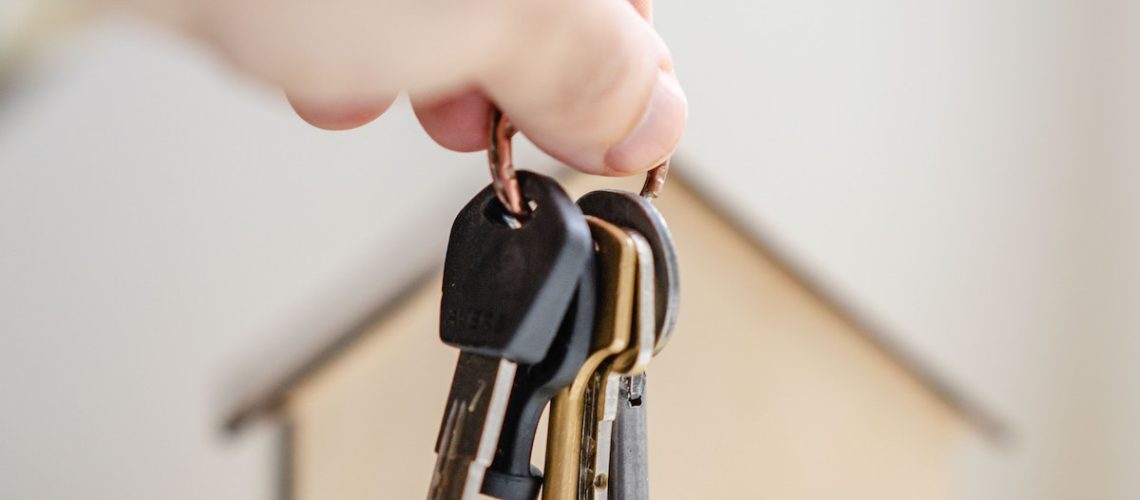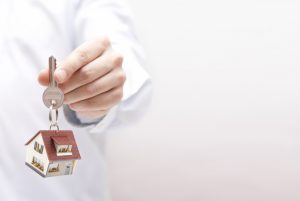- Financing options are critical when buying a second house, so research loan programs and work with reputable mortgage brokers.
- Location is paramount when purchasing a second home; factors such as commuting distances and school districts should be considered.
- Potential risks associated with multiple properties include rental income potential, maintenance and upkeep, and legal hassles.
- Financial risks like mortgage rates and taxes associated with purchasing a second home should also be considered.
Buying a second house is an exciting prospect, but it can also be overwhelming. There are so many things to consider before you purchase that it’s easy to get lost. From finding the right location and budgeting for the house to understanding tax laws and potential pitfalls, there’s a lot to think about when buying a second home.
This article will discuss some of the critical factors you should consider when purchasing a second home. It will cover everything from choosing your ideal location and setting up financing options to considering tax implications and exploring any potential risks associated with owning multiple properties. Taking these crucial steps before making your final decision can ensure that your investment is both successful and rewarding in the long run.
Financing Options

Financing options are essential when buying a second house. Knowing your financial standing and how lenders perceive you can make or break the purchase of your new home. You’ll want to know what loan programs are available to you and which best fits your situation.
Furthermore, working with reputable mortgage brokers may be beneficial due to their expertise, knowledge, and resources. They have a depth understanding of the housing market and current financing options available; they offer personalized assistance with lending criteria and qualifications that apply to each buyer.
Location
When it comes to buying a second house, location is essential. Before selecting a second house, it’s important to research the area and try to envision living there for long periods.
Things to think about when researching the area range from commuting options; whether the home is close enough to your primary residence that you can visit every weekend; schools in the district and the level of safety of the neighborhood; access to amenities such as shopping and entertainment venues; and even weather patterns if you plan on spending extended periods in this house.
Potential Risks
Risk Associated with Multiple Properties
When planning to invest in a second property, understanding the risks of such an investment is paramount. One needs to consider all the variables involved, including any problems with plumbing, electrical wiring, noise from adjacent properties, and other issues that could arise from owning multiple properties.
Additionally, one needs to consider rental income potential and ensure that the cost of residence to letting ratio is profitable enough for long-term gains. The cost implication of maintenance and upkeep also comes into play when considering buying multiple properties.
It is advisable to seek professional help and advice from experienced professionals to assess the pros and cons before settling for an investment decision. Knowledge of the laws concerning renting out property will ensure no legal hassles due to compliance failure later on.
Financial Risks of Buying a Second Home
When considering buying a second home, it’s essential to reflect on the financial risks associated with such a transaction. These risks can vary significantly depending on the size and condition of the house, but they should all be considered before making any decisions.
To ensure you make a wise investment, it’s necessary to consider factors like mortgage rates, taxes, and other additional monthly costs. You should also research nearby amenities that could add value to your second home in the future. Moreover, be mindful of potential issues or repairs that might have to be made upfront, as these can add up quickly and eat away at your savings.
Tax Implications for Investment Properties
Before investing in a second house, it is important to consider the tax implications associated with it. Different countries have their own set of regulations and rules for investment properties. Knowing the applicable laws and regulations will help you understand how much tax you’ll need to pay after purchasing the property.
It will also assist in forecasting your income from renting out the property and help determine if it can offset potential tax costs. Furthermore, knowing about depreciation costs on a particular property can also be beneficial in accurately predicting your overall return on the investment.
Finally, consulting a professional accountant before embarking on this endeavor will provide you with invaluable advice that could help make all the difference in terms of seeing a good return or not getting one.
Legal and Insurance Considerations
Buying a second house is no small feat and requires serious consideration of various factors such as legal and insurance. Knowing the legal implications of buying property in the chosen area is crucial; such things as building codes, zoning laws, taxes, and different ordinances are all important to understand before committing to purchasing.
Further, since buying a second property is an investment it’s essential to take out appropriate insurance coverage. Property insurance provides protection from damages incurred from natural disasters such as floods or fires; in addition, liability insurance can help protect from any claims that may arise due to injury on the property.
These are just a few of the many things to consider when buying a second house. Taking the time to research and plan ahead will help ensure that you make an informed decision that is beneficial for both you and your finances in the long run.





